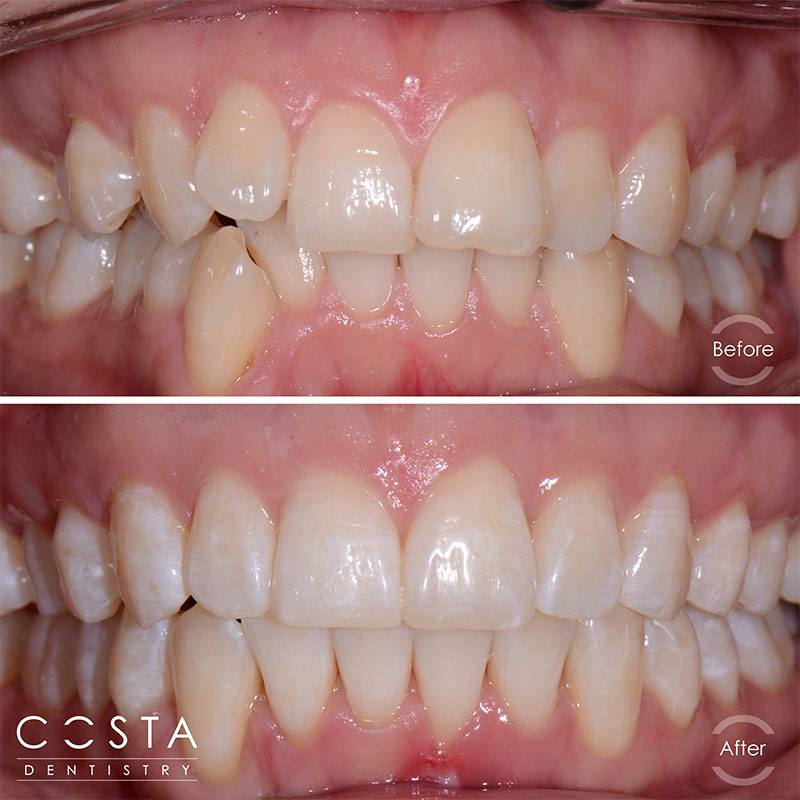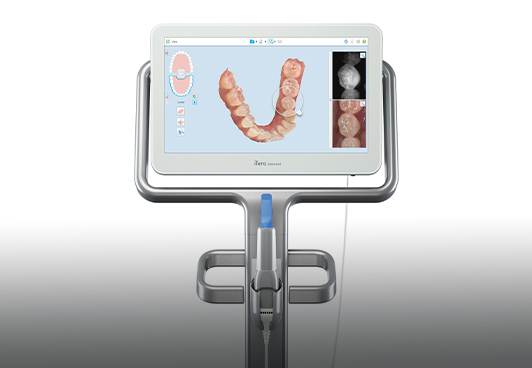If you struggle with constant snoring, poor sleep or daytime drowsiness, you may be suffering from sleep apnea. Our dentists and team can evaluate your symptoms and help determine your treatment plan. To learn more about sleep apnea treatment in Brambleton, VA and Great Falls, VA, please call Costa Dentistry or request an appointment online.
What is sleep apnea?
Sleep apnea is a type of sleep disorder characterized by pauses and interruptions in breathing. These pauses can occur as many as 40 times in a single minute, and in some cases, the pauses can last for up to a minute. Sleep apnea is a serious medical condition, and we urge you to seek treatment if you believe you may have it.
What are the signs and symptoms of sleep apnea?
Common signs and symptoms of sleep apnea include:
- Snoring, especially with pauses in breathing
- Insomnia
- Sleepiness and fatigue during the day (hypersomnia)
- Restless sleep and frequent nighttime urination
- Falling asleep while driving, working and reading
- Gasping and choking sensations and sounds while asleep
- A sore throat upon waking
- Headaches upon waking
- Depression, anxiety and mood changes
- Dry mouth
- Difficulty concentrating and memory impairment
How is sleep apnea diagnosed?
Sleep apnea is a medical condition and needs to be diagnosed by a sleep physician. If you believe that you or a loved one has this condition, we recommend contacting your regular physician. They can refer you to a sleep specialist and make arrangements for a sleep study to diagnose the problem and how severe it may be.
What happens if sleep apnea is untreated?
Sleep apnea impacts every area of your health and well-being, and it is linked to many other medical problems and lifestyle risks. These issues include:
- Increased risk of accidents while driving and at work
- Heart disease
- Stroke
- Weight gain
- Diabetes
- Hypertension
- High blood pressure
- Liver problems
- Problems with the respiratory and immune system
- Problems with hormone production
- Poor overall quality of life















































